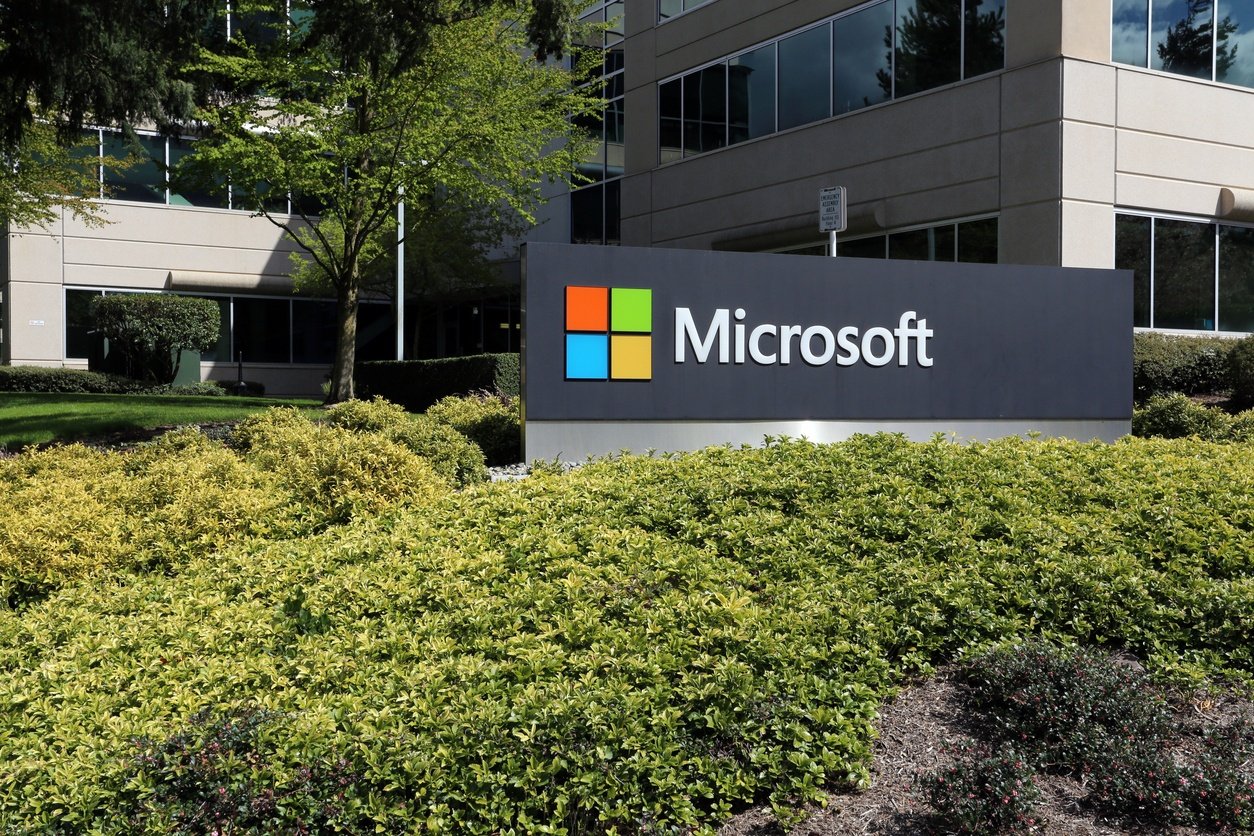Microsoft Wants to Use Digital Technology to Improve Clinical Trial Efficiency

Another tech giant is entering the clinical trial market with the hopes of accelerating the drug development process.
Microsoft is teaming up with pharmaceutical consulting firm Parexel to develop new software that they hope will accelerate clinical trials, according to Digital Journal.
In particular, this partnership will involve Microsoft’s Azure cloud computing platform, which was designed specifically for “building, testing, deploying, and managing applications and services.” Azure will primarily be used to enhance the efficacy of Parexel’s informatics software, Perceptive MyTrials, which serves as a centralized clinical trial management platform for researchers other stakeholders.
By deploying the platform in the cloud, Microsoft and Parexel believe they will be able to bolster data sharing and transparency, which in turn will accelerate drug development and improve patient engagement throughout the entire clinical research process.
As Parexel’s President, Xavier Flinois, explains, “Technology is disrupting the established model of research and development in health care. Drug development is becoming more complex, while innovations including social media, analytics, mobile technology and the Internet of Things are enabling a more patient-centric approach.”
An Increasingly Digitized Clinical Trial Landscape
Indeed, this is just the latest example of tech adoption in what is becoming an increasingly digitized clinical trial landscape. As more and more major tech players like Google, Apple, Amazon, and Facebook get involved in the drug development process, we’re finally starting to see a sea change in terms of increased efficiency and faster time-to-market.
These companies have the requisite resources and technical infrastructure to support new tech initiatives that would likely improve patient enrollment, adherence, and data quality. For example, digital advertising platforms have made patient recruitment far more cost and time effective than ever before; wearables and other remote patient monitoring devices are making it easier for patients to enroll and remain in clinical studies; cloud computing has made it easier for researchers to gather, manage, and share vital clinical trial data, which, in addition to boosting patient and physician awareness and engagement, helps accelerate the overall drug development process by bolstering transparency and collaboration.
Of course, the healthcare industry at large is still somewhat behind the curve when it comes to tech adoption – for example, 75% of clinical trials still rely on paper data collection as their primary tool. However, it is heartening to see more investment being put into the digitization of clinical research process. We may still have a long way to go, but we’re certainly headed in the right direction.

 Back to Blog Home
Back to Blog Home